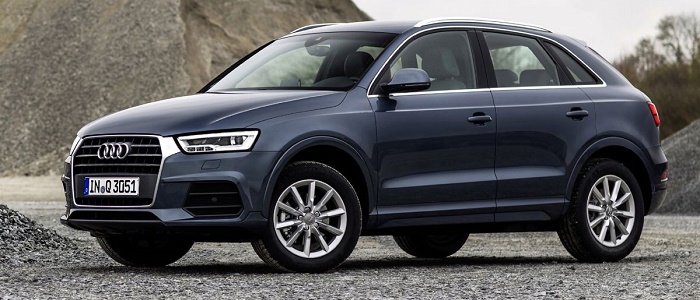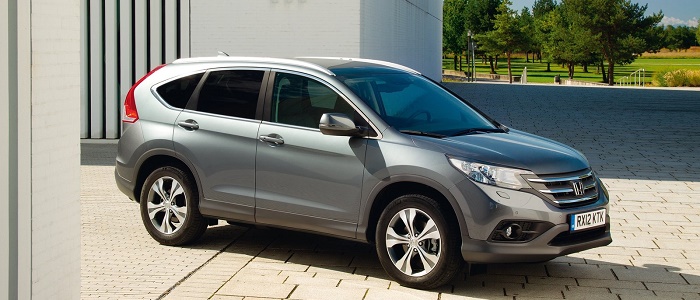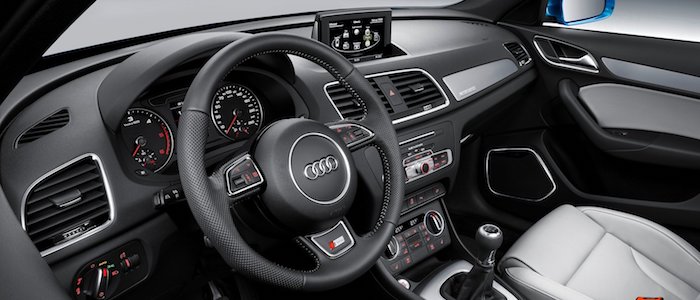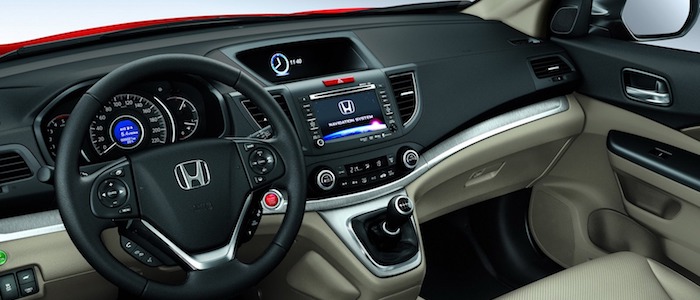Compare two cars
Compare any two cars and get our Virtual Adviser™ opinion
Dimensons & Outlines
Check vehicle history
Engine
Performance (manual gearbox)
Performance (automatic gearbox)
Expenses
Virtual Adviser's™ opinion
Well, these are two pretty similar cars we have here! It's only details that could potentially make the difference. Considering they both belong to the suv segment and utilize the same 5-door suv body style and the 4 x 4 wheel drive system, it all comes up to the specific diesel engine choice they offer. The first one has a Volkswagen-engineered powertrain under the hood, a 4-cylinder, 16-valves 150hp unit, while the other one gets its power and torque from a 4-cylinder, 16-valves 150hp engine designed by Honda.
SafetyBoth vehicles got tested by European New Car Assessment Programme (Euro NCAP), with the same number of safety stars gained in the process. Moving further on, let's take a closer look at some additional safety-related facts. Both vehicles belong to the suv segment, which is generally a very good thing safety-wise, still it doesn't help us solve our dilemma, does it? On the other hand, when it comes to weight, a factor that most people underestimate, the Japanese car offers a marginal difference of 5% more metal.
ReliabilityReliability is not the best thing to consider on the make level, but it is worth mentioning that Honda is significantly less fault-prone, when all the models are taken into account. That's the official data, while our visitors describe reliability of Audi with an average rating of 4.2, and models under the Honda badge with 4.7 out of 5. Some independent research have also placed Q3 as average reliability-wise, and CR-V is more or less at the same level.That apart, owners of different cars powered by the same engine as the German car rank it on average as 4.6, while the one under the competitor's bonnet gets 4.9 out of 5.
Performance & Fuel economyAudi is a bit more agile, reaching 100km/h in 0.4 seconds less than its competitor. In addition to that it accelerates all the way to 204 kilometers per hour, 14km/h more than the other car. When it comes to fuel economy things look pretty much the same for both cars, averaging around 5.3 liters of fuel per 100 kilometers (53 mpg), in combined cycle.
Verdict
Honda appears just a bit more reliable, although the difference is truly marginal. The most important thing when deciding between any two vehicles should always be safety, both passive and active. In my opinion, everything taken into account, the Japanese car offers slightly better overall protection and takes the lead. From there things take a different direction, with Audi outracing its opponent in any situation possible, making it better choice for boy racers. To make things even better, it consumps less fuel! I believe that, when we take all into account, we have only one winner here - the Audi. In any case that's my personal view, built upon all the data available to me. What should decide here though is the way you feel about the two vehicles, and I hope you'll find my guidelines useful in the process. Also, you could use the oportunity to find out which car, everything taken into account, would be the perfect choice for you in the eyes of the virtual adviser™, among thousands of similar, yet so different vehicles.



































